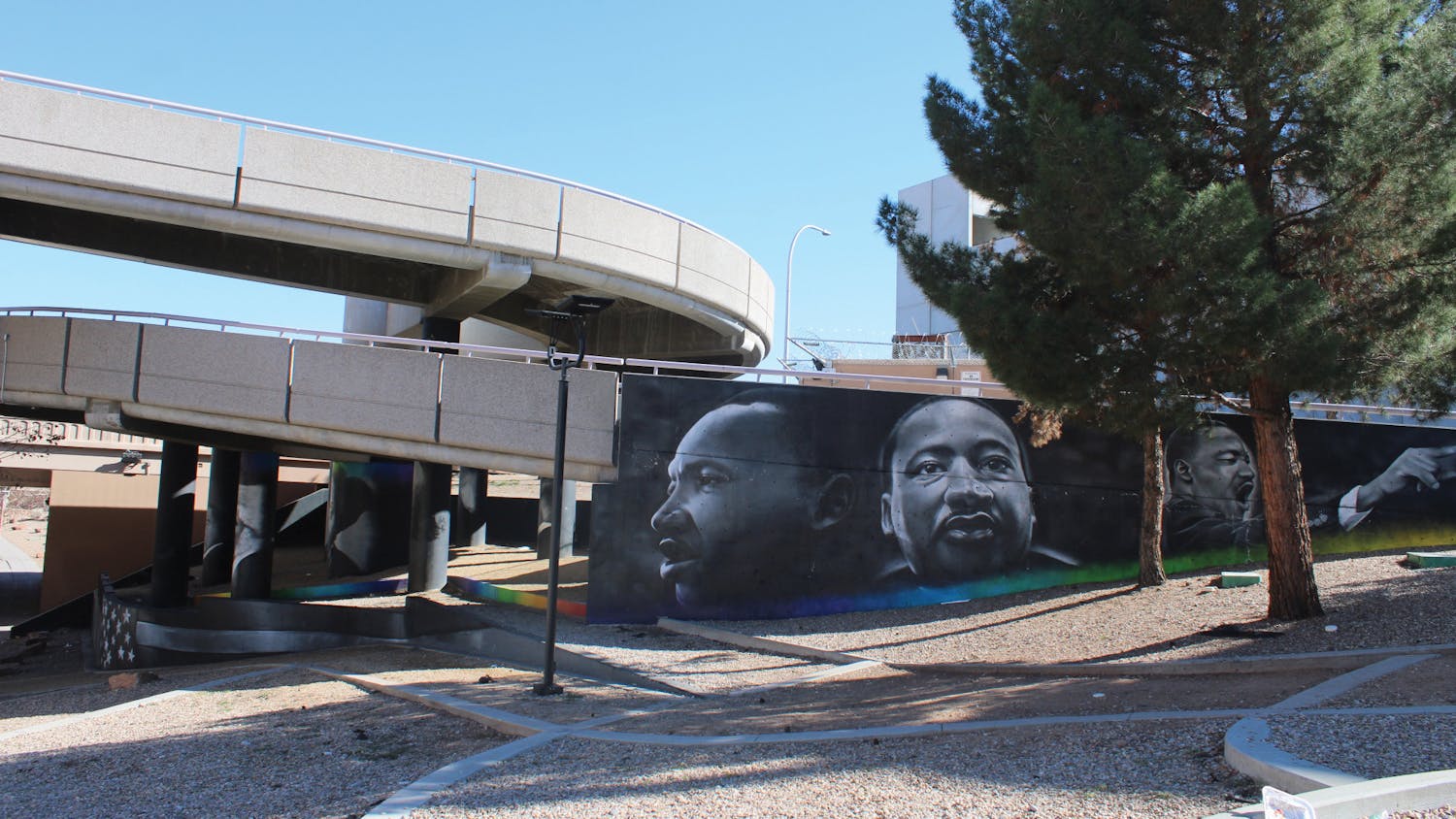The Free Application for Federal Student Aid (FAFSA), Medicaid, Student Loans, Special Supplemental Nutrition Program for Women, Infants, and Children (WIC) and Children’s Health Insurance Program (CHIP) — these are all programs that many individuals have used at some point in their lives, even if they didn’t know it.
All generations, whether it is Baby Boomers, Generation X, Millenials or the upcoming Generation Z, have felt the ripple of poverty that has left its impact throughout the history. Not all individuals were born with a silver spoon.
Despite the fact that poverty has long been a factor in any society, American or otherwise, there is often a stigma to it.
A PewRearch.org report states, “The public is similarly divided over the impact government aid has on the poor: 44 percent say poor people ‘have it easy because they can get government benefits without doing anything in return’ while 47 percent say ‘poor people have hard lives, because government benefits don’t go far enough to help them live decently.’”
The split ideology that the poor remain poor, either through a fault of their own or through the fault of the government, has been prevalent in society throughout generations. It has even shaped into views of when it is acceptable to be poor and when it is not.
While in college? Acceptable. After college? Unacceptable.
First time parents? Acceptable. Second child? Unacceptable.
This view even carries over to children. A child is often not seen by the public as at fault for being poor, but when that child becomes an adult, regardless of the financial situation they endured growing up, they are told they must take the responsibility of digging themselves out of the financial hole they were born into.
A strong amount of this stigma is tied into the American Dream. The term was coined by James Truslow Adams, in his book, “The Epic of America,” written in 1931, in which he states, “It is not a dream of motor cars and high wages merely, but a dream of social order in which each man and each woman shall be able to attain to the fullest stature of which they are innately capable” (p. 214-215).
In general, the American Dream is seen as attainable no matter who you are, that with hard work and dedication, anyone can become anything.
Perhaps, that is exactly the problem with it.
Do not misunderstand — I am not stating that dedication and hard work cannot help obtain one achieve a dream.
Get content from The Daily Lobo delivered to your inbox
Rather, I am stating that what should have been seen as an inspiring phrase has instead transformed into an absolute ideology that many Americans take as unequivitable fact.
A disconnection of sorts from their fellow American that has slowly transformed into something more selfish.
A thought that states, “I have worked hard to get where I am today. Why should I be forced to pay for someone else? After all, I had to do it all on my own.”
And to this thought, I just have to ask — did you?
As young children, we know very little about our own financial situation. Then the real, cruel world rips away the veil to show that there is a definite class system.
But while this is just dawning on us, we know very little about how our parents are surviving.
Many young mothers that I know personally have used WIC (including myself); this benefited their children. Grants, student financial aid and even student loans benefit university students,but not all students really think of where that money comes from.
The problem with the American Dream is the thought that simply through hard work and determination you can achieve anything you want. But the truth is that your success was never just you. It was never just your parents. Quite often a stranger’s money was instrumental in getting you to where you are today.
There were many prominent events stood out in 2017, but one that stood out to me was the City of Santa Fe’s failure to pass the soda tax.
The Albuquerque Journal reported that, “Santa Fe’s 2-cents-per-ounce proposal would have matched Boulder, Colorado, as the highest in the nation and was aimed at financing an effort to make 1,000 pre-kindergarten education slots available to Santa Fe children for free or at affordable rates.”
The tax was not passed, but it was the reactions of a few that drew my attention. In the same article, many residents supported the tax as beneficial for the school system. Another opposed it, stating they did not receive help aiding a certain family member. I explored coverage of the bill through multiple news outlets and found much of the same reactions.
Speaking to my own family members, all of whom have struggled at times in their lives, I found those who were better off sided against the tax, even though such taxes and programs had once helped them out of poverty.
There is nothing wrong with the belief that hard work and determination can help you achieve your dreams, but the growing stigmatization against poverty, even from those who once dealt with it, has led to the rise of a disheartening message: You and you alone must work to achieve the American Dream.
Nichole Harwood is the culture editor for the Daily Lobo. She primarily covers alumni and art features. The views presented in this column are her own. She can be contacted at culture@dailylobo.com or on Twitter @Nolidoli1.





